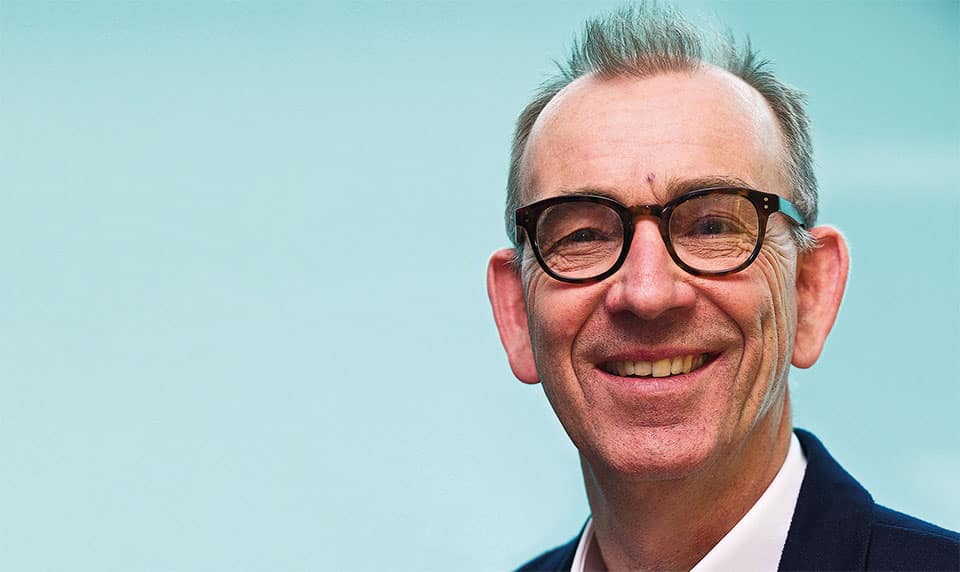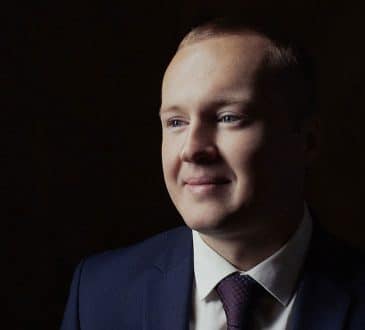Millennials Are Looking For Meaning

Old brands are heading for trouble with millennials. The world’s biggest branding machine, Procter & Gamble spends a stunning $7 billion on advertising each year. It ranked number 12 out of 149 organizations on the World Value Index in 2017, which measures the extent to which Americans are inspired by brands’ missions and the extent to which that inspiration drives active support and purchase.
But Procter & Gamble is only ranked at number 12 when you speak to baby boomers! That is people older than 55. When you speak with millennials – those below 34 – the company comes out at number 103 on the list. This is a sign of a generational chasm, and the picture is the same with the majority of other established brands. They are performing badly in front of the millenials – the biggest generation ever in history, with an alleged buying power of 24 trillion.
Many old super brands favoured by the boomers were created through advertising in mass media, whereas the millenials get their information online and from social media – not from newspapers, magazines and television. This is reflected in the companies and organizations that millenials rate the highest: Twitter, Snapchat, PayPal, Spotify, Uber and Kickstarter – companies that are online and don’t invest in traditional advertising.
“People’s perception of the value of a brand is more important than ever,” says Brian Hardwick from the advertising agency Enso, which led the research. “We were interested in how people perceive the impact of brands, and, if there is a gap between their impact and how people are perceiving it, whether there’s an opportunity for brands to close that.”
One of the conclusions from the research is that young people are looking for meaning and have a personal ambition to change the world, while older generations have more relaxed attitude. Another takeaway is that millenials are sceptical about big institutions!
The importance of meaning and story
A bank like Metro Bank spends practically no money on advertising; it relies on word-of-mouth marketing. If you treat your customers well, they become fans who will tell others of their good experience. Maybe traditional branding is dead. For a company like Procter & Gamble, it is necessary to spend $7 billion on marketing to build the brand – but if a company grows out of a community where everybody feels they have a stake in the company and support it, brands are created for free.
Stories are important and, sometimes, new stories are far more valuable than established brands. We live in a time of pop-up shops. Millenials are nomads in a gig economy – they don’t stay in the same place as long as their parents did and don’t expect their world to look the same. They are constantly making new connections, and many businesses behave like rock bands on tour.
According to Moore’s Law computer power doubles every two years. It accelerates, and six months in 2018 is equivalent to ten years in the 1990s. It’s important that we let go of our old creations, make new ones and enjoy the process. It’s like fashion – it changes constantly. If you ask a fashion designer if it’s annoying to have to design a new collection soon after they present their current one, their answer will probably be, “On the contrary, that’s the beauty of it. I enjoy creating something new.”
A few years ago, during London Design Week the architect Amanda Levete opened a pop-up restaurant in Soho called Tincan. The restaurant only served canned fish. Tins of fish and seafood were displayed in a ‘museum-type vitrine’ before being dished up to customers to eat straight out of the can. The restaurant needed no kitchen, little staff and was as cool as cool can be. T might have been a success on London’s ST James Street, but six months after opening the restaurant closed permanently and moved to New York. The famous Danish restaurant Noma did the same thing – suddenly it closed down in Copenhagen and, like another rock band, moved the show to Tokyo.
Where small communities come into play
That’s where small communities have their big chance. They can move about freely in a changing world, whereas big corporations struggle with legacy systems. Look at the incumbent banks with tens of thousands of employees and gigantic organizations with branches and technology centres. Their biggest problem is not getting new ideas or starting new businesses – it’s getting rid of the old ideas and the old businesses.
Big companies that used to be on the offensive are now on the defensive – they spend their creative energy protecting what they once created instead of designing something that is in sync with time. They lose the initiative – and when that happens, luck doesn’t show up as often as before.
What the World Value Index reveals is true. The old brands don’t work as they sued to – they represent a time and a culture that the next generation wants to put behind them. I met a young entrepreneur, Cecilia Larsson from Helsingborg in Sweden. She has a start-up called Rescued Fruits that makes juice and marmalade from the fruit that local supermarkets can’t sell. Larsson rescues the fruit from ending in the rubbish bin – hence the name – and employs young people who otherwise can’t get a job. Among them are a couple of employees with autism who help sort the fruit – for most people a tedious task, but for these young people it’s what they do best. Rescued Fruits was crowd funded by 126 local backers on FundedByMe.
Local brands have a story to tell and are closely related to people in the community in a way that global brands can’t match, even with billions of advertising dollars. This is why young, inexperienced entrepreneurs with a dream can push big companies on the defensive. For many millenials, it’s so much cooler to drink a Rescued Fruits product with a sustainable business model than a latte from Starbucks.
Have you read?
# Best (and worst) countries in the world for old people to live in, 2020
# Countries with the highest life expectancy in the world, 2020
# Most expensive countries in the world to live in, 2020
# Moldova CIP: Moldova Citizenship By Investment Program
# Turkey CIP: Turkey Citizenship By Investment Program
Bring the best of the CEOWORLD magazine's global journalism to audiences in the United States and around the world. - Add CEOWORLD magazine to your Google News feed.
Follow CEOWORLD magazine headlines on: Google News, LinkedIn, Twitter, and Facebook.
Copyright 2025 The CEOWORLD magazine. All rights reserved. This material (and any extract from it) must not be copied, redistributed or placed on any website, without CEOWORLD magazine' prior written consent. For media queries, please contact: info@ceoworld.biz








